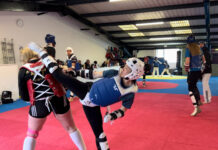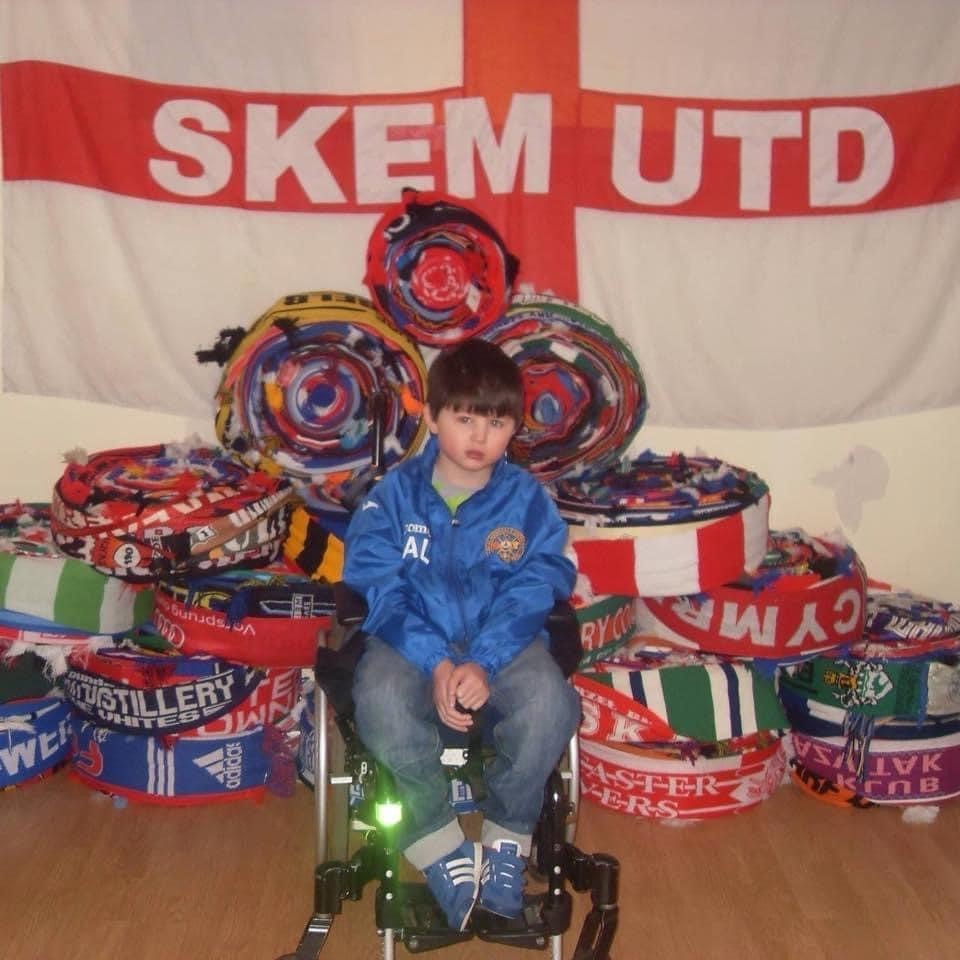City of Liverpool swimming coach David Treadell believes training and competitions lost to Coronavirus is “irreplaceable” and “detrimental” towards technical development for his young swimmers.
To compete at a high level, swimmers need to commit religiously over a long period of time to stand a good chance of becoming the greatest.
The more lengths you put in the swimming pool, the more conditioned your body is when it comes to racing.
So a six-month break from training sends alarm bells ringing through the heads of swimmers and coaches alike.
For Treadell’s county and regional swimmers, he runs up to six two-hour sessions a week which highlights the grind performers put in on a weekly basis in the lead up to competitions.
The pause in swimming also affected these swimmers competing.
The North West Regional Championships 2020 (Long Course) and the Liverpool and District Championships (Short Course) were both postponed, meaning hundreds of swimmers didn’t reap the benefits of months of hard work and financial commitment.
Further afield, the impact of Coronavirus has gone much deeper than affecting competitions.
Ponds Forge, one of the UK’s flagship 50m pools, had to close indefinitely due to the complications of the virus.
The Sheffield venue is home to some of the most established swimming competitions but also diving and trampolining.
David coaches a range of children, full of potential, from the 8-11-year olds on the ‘entry-level squad’ to the 10-12-year-old girls and 10-13-year-old boys County and Regionals squads.
The progression made at a young age is “detrimental towards the technical development” as they lost months of “learning, practicing and repeating”.
Chris Lambert, 20, a senior regional swimmer at City of Liverpool SC, said: “I’ve missed out on all the main competitions I was training for.
“A lot of time and effort had gone into preparation for them, and being out of the pool for this long has had an impact on my pool fitness as a whole.”
But as any inspiring coach would do, David assures his swimmers there is no need to panic as “everyone including Adam Peaty has lost time out of the water”.
“Unless swimmers had access to their own pools everyone was disadvantaged,” he added.
From a swimmer’s point of view, Chris believes a lot of younger swimmers will quit because of the amount of progress they’ve lost and won’t feel like they can get back to where they were.
Treadell added: “Anyone 21 or under there is still plenty of opportunities to rebuild and try again.
“Whether or not swimmers can see and understand that is another thing altogether.”
A lot of performance and recreational swimmers depend on the sport to improve their mental health and use their swimming sessions as a way to de-stress and switch off from everyday pressures. Swimming is also an opportunity to socialise and see friends.
Performers spend a lot of hours at the pool – and with each other.
Lambert has struggled to fill his time on a day-to-day basis and raised the issue of “not getting to see his friends” on a regular basis.
The break has been too much for some as Treadell conceded they “had a number of swimmers leave” but the team is fortunate enough to be partially funded by Liverpool City Council.
“Since returning to training and managing the numbers who have left the program, our financial blow was cushioned as we train in LCC facilities only.
“A luxury other clubs do not have.”
The news that Liverpool will be entering Tier 2 on December is a relief to City of Liverpool SC and the swimming community, as leisure centers and gyms will be reopening on Wednesday.


















